So, what exactly is a Z Report?
The Z Report, also known as the Z Ticket, is an end-of-day summary automatically generated by a cash register or point-of-sale (POS) system. It consolidates all transactions processed by the register during a given period, typically a single business day. It’s a crucial accounting summary document for many businesses, especially in sectors like hospitality, retail, or any environment with frequent physical sales.
Unlike a sales receipt given to customers after each transaction, the Z Report is for internal and tax-related use only. It’s evidence of recorded revenue and includes:
- Total sales revenue
- Number of sales receipts issued
- Breakdown of revenue by payment method (cash, card, meal vouchers, etc.)
- VAT breakdown by rate
- Discounts, voids, credits, or tips
- Closing information (date, time, operator ID)
Why is the Z Report essential for managing a business?
The Z Report is much more than a simple recap. It’s a central element of daily financial management. It allows you to:
- Officially close the sales day
- Accurately track business performance
- Feed your accounting system with consolidated, reliable data
- Avoid mistakes or omissions when recording revenue
- Prevent fraud or inconsistencies thanks to a clear audit trail
In short, it acts as the "official daily report" of your commercial activity.
What’s the difference between a Z Report and an X Report?
People often confuse these two reports, but they serve very different purposes:
- The X Report is a temporary summary. It can be printed at any time during the day to view ongoing sales without resetting the register’s counters.
- The Z Report, on the other hand, is final. It is used to close the day, and once generated, it resets the register’s totals to zero.
The X Report is useful for real-time monitoring, while the Z Report is crucial for formally closing the accounting period.
Is the Z Report mandatory?
In most countries, Z Reports are mandatory. Here is for example the situation in France.
Since January 1, 2018, the French anti-fraud VAT law requires any VAT-registered business using a cash register to record payments in a certified and secure software system. The software must ensure:
- Data integrity
- Transaction security
- Data preservation
- Archiving capabilities
The Z Report is a required element in this process. It proves that sales have been properly recorded and stored in compliance with regulations. In the event of a tax audit, authorities can demand Z Reports to verify declared revenue.
How long should Z Reports be kept?
In France, Z Reports must be archived for six years, just like other accounting records. They can be stored:
- As paper printouts, directly from the register
- In digital format, provided the format ensures data integrity, accessibility, and legibility
Modern POS solutions now offer features like automatic cloud archiving or export in structured formats (XML, CSV, JSON…), which simplify document centralization and accounting workflows. But there’s an even better way…
Can the generation of the Z Report into accounting be automated?
Yes—and that’s exactly what Chift enables.
With its Unified POS API, Chift allows you to connect the most popular POS systems—like Square, Lightspeed, Popina, Odoo POS, Zettle, and Restomax, to your financial software product (accounting, ERP, etc.) through a single integration.
Chift retrieves raw sales data (payment method, VAT, discounts, tips, etc.) and transmits it via an API route. This POS data enables any software connected to Chift to automatically reconstruct the Z Report.
This automation helps businesses save time, reduce human error, and maintain tax compliance effortlessly.
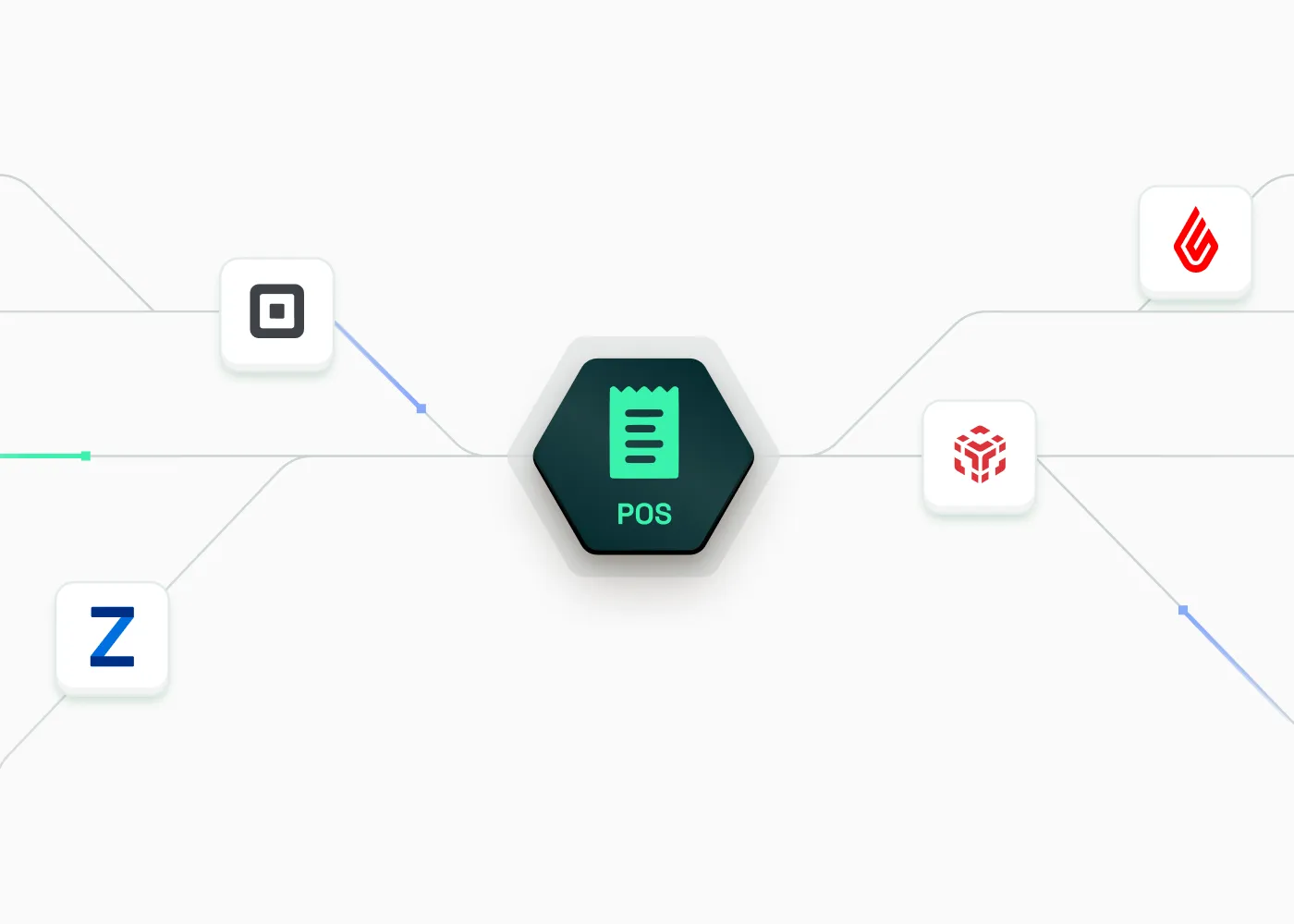
.jpg)
.jpg)
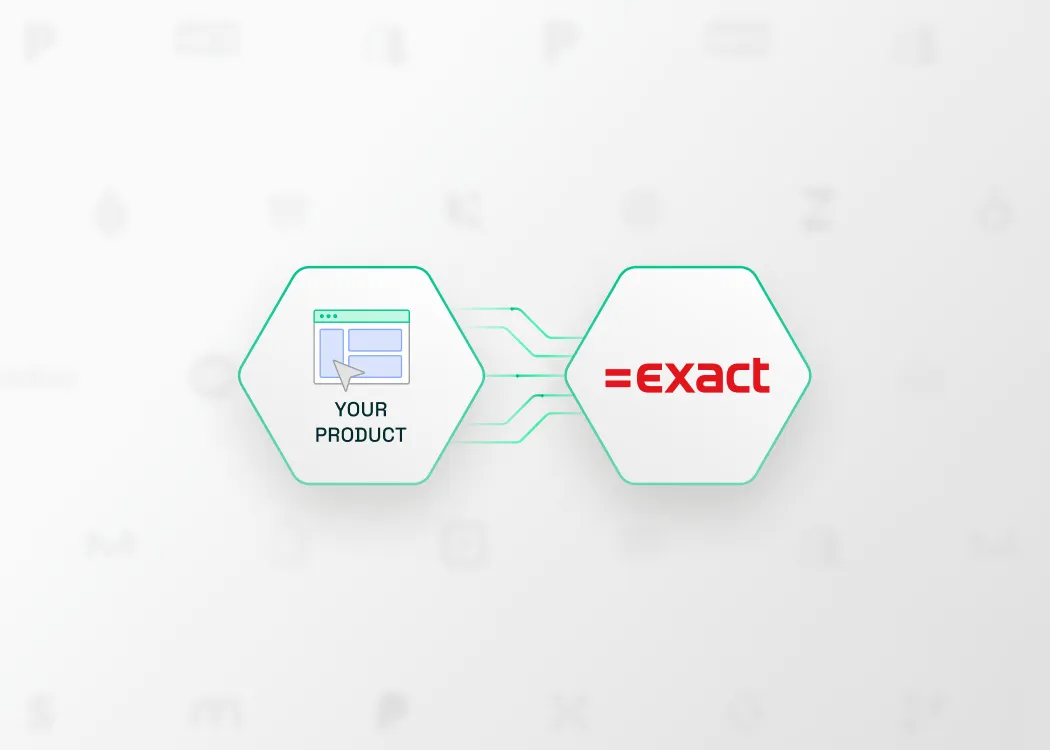
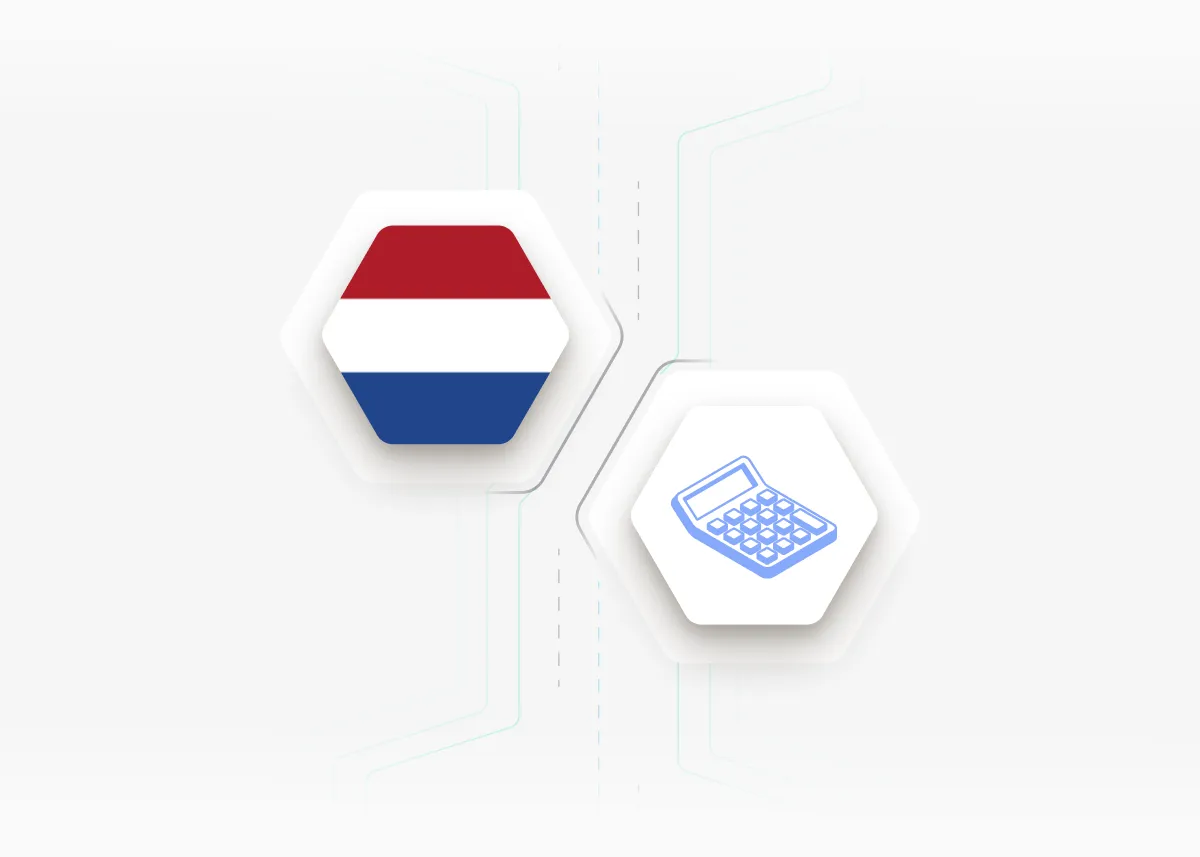
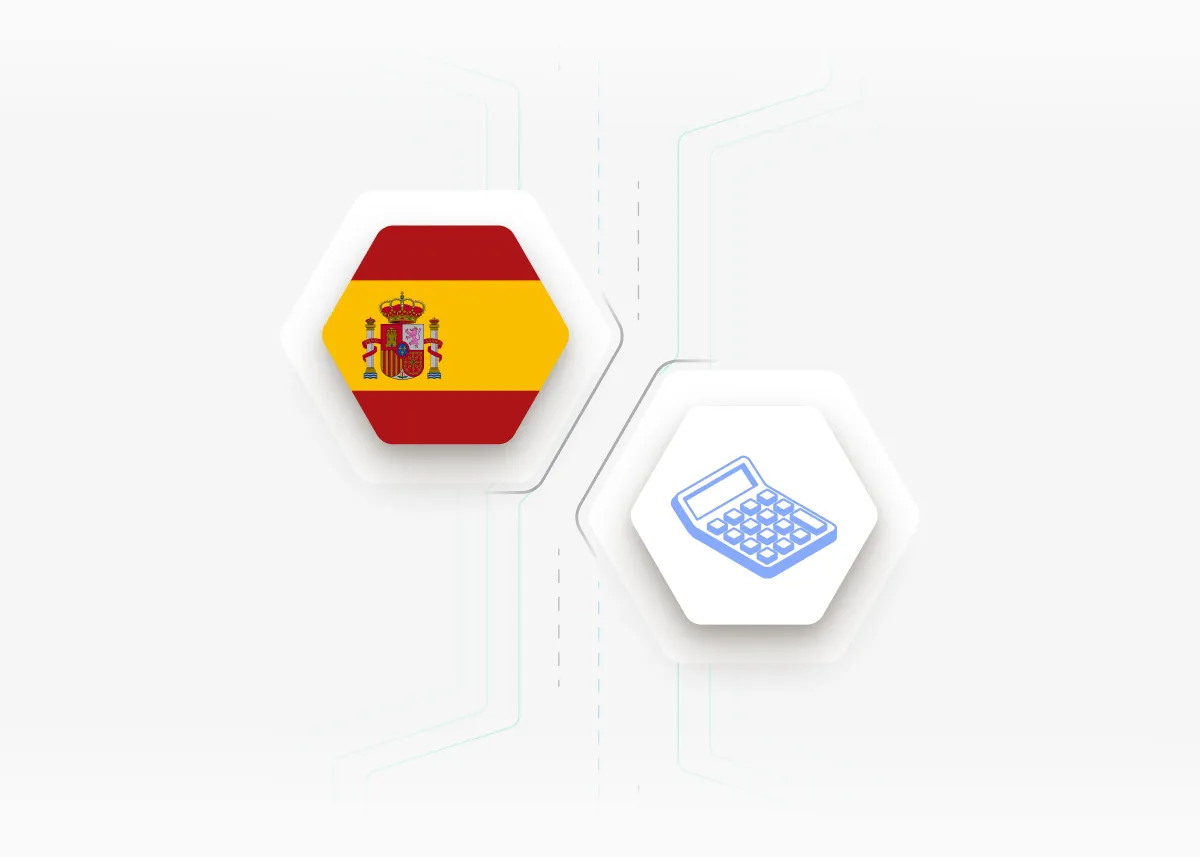
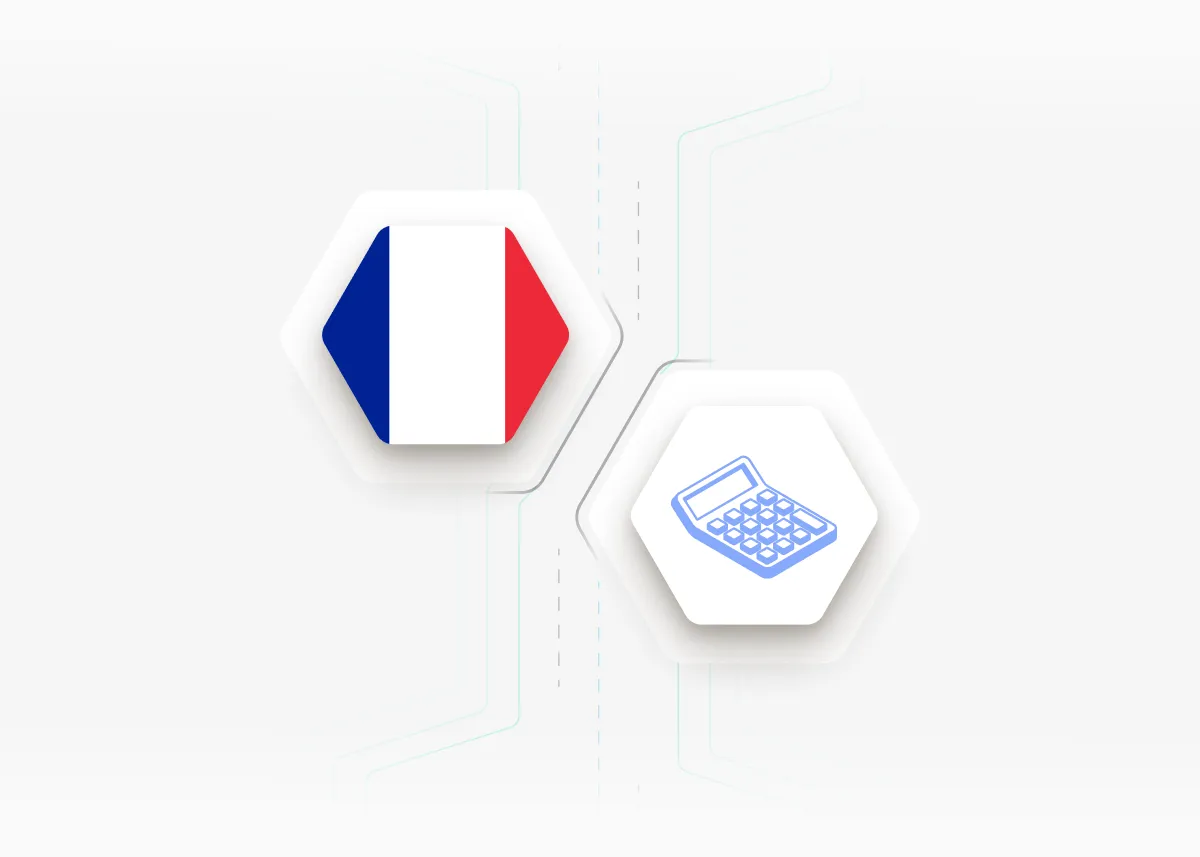
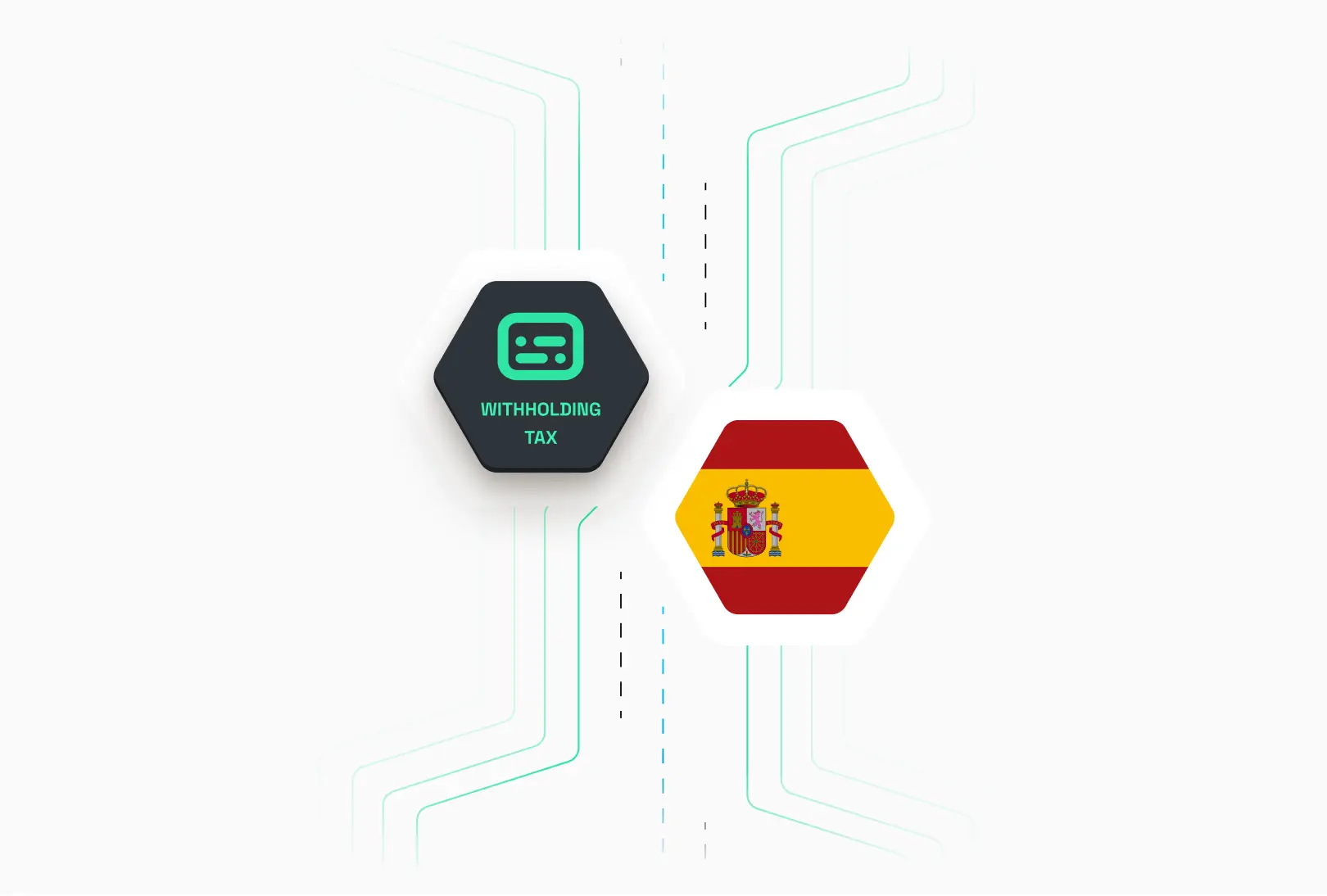

.webp)
.webp)
.webp)
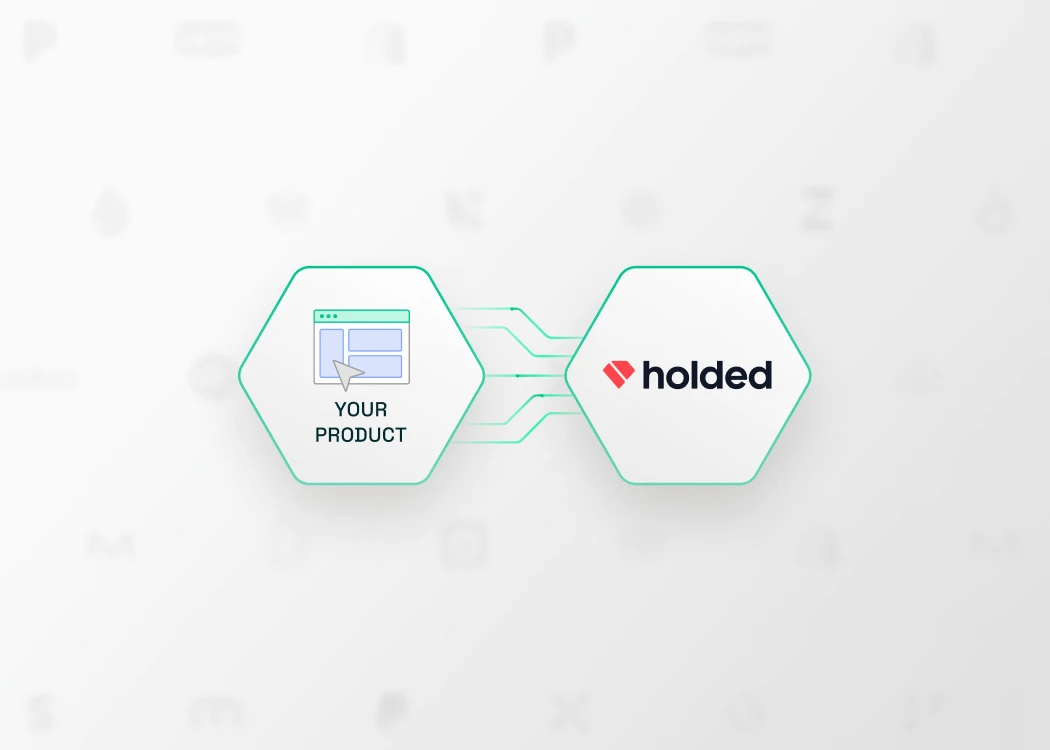
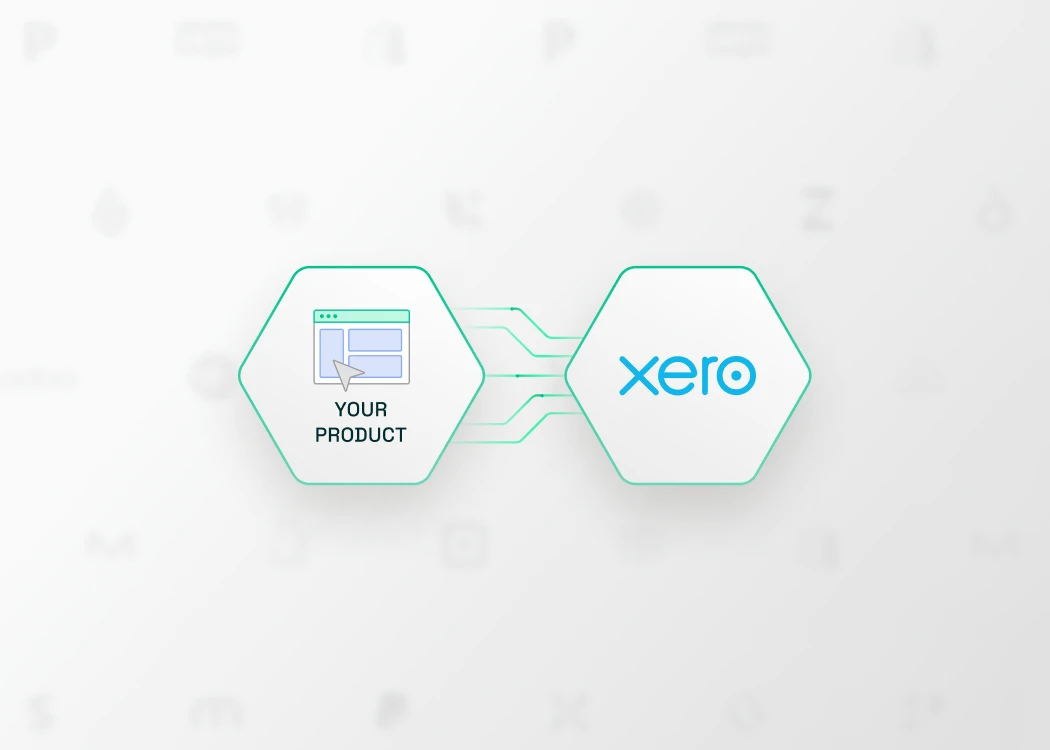

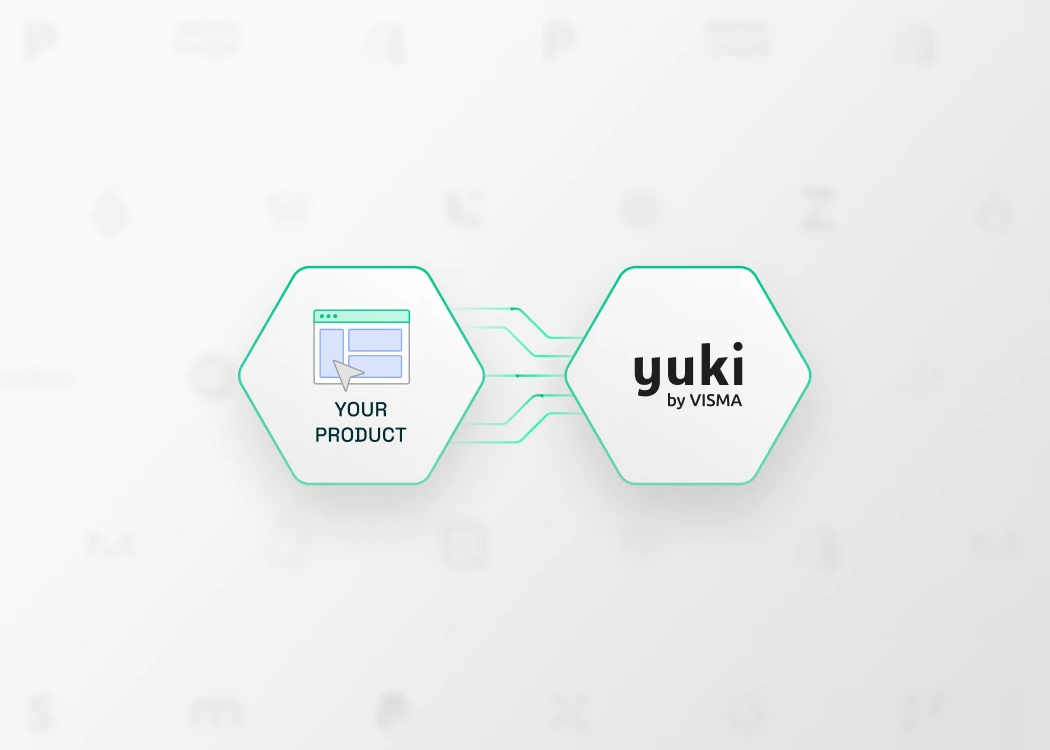

.webp)
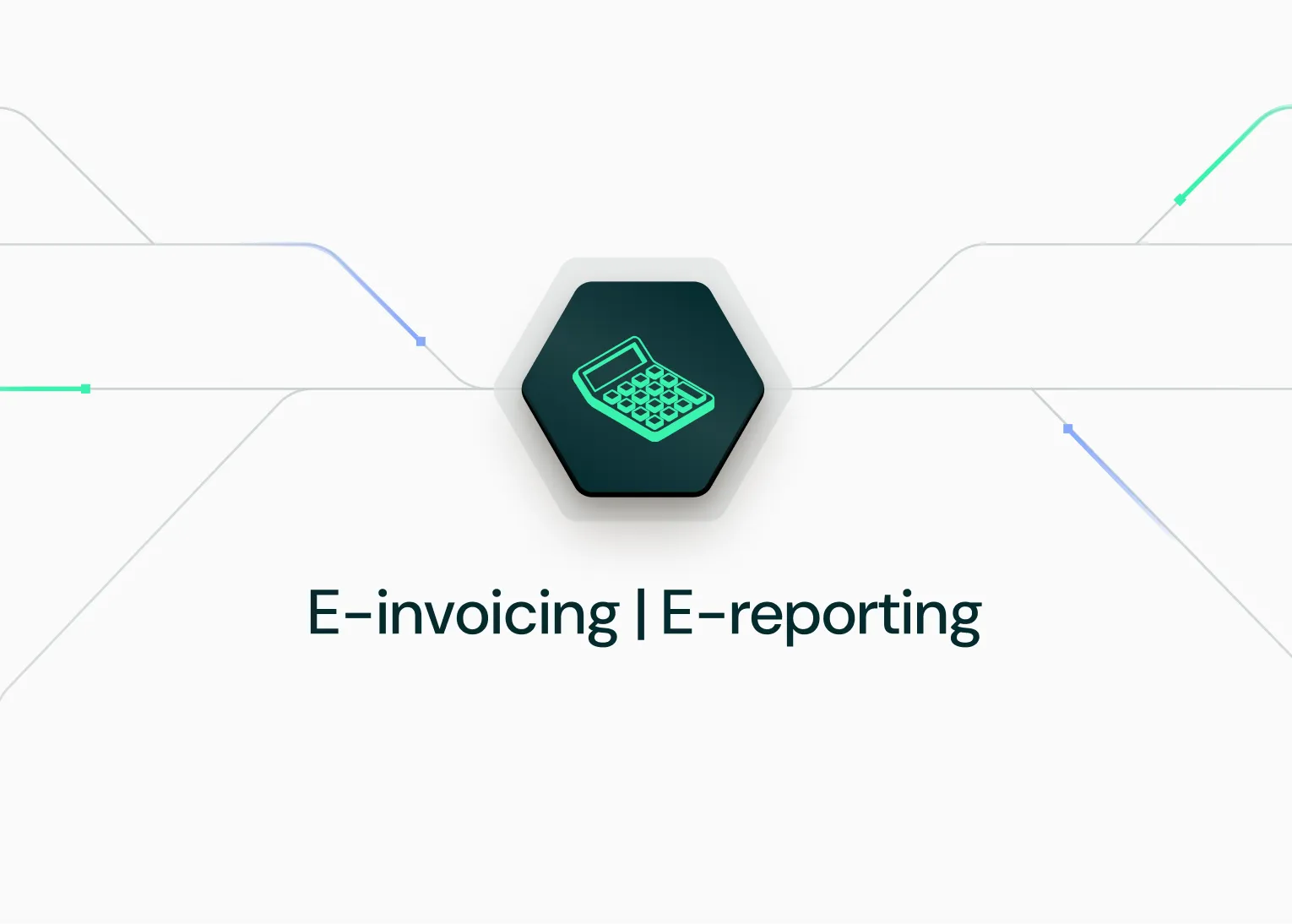
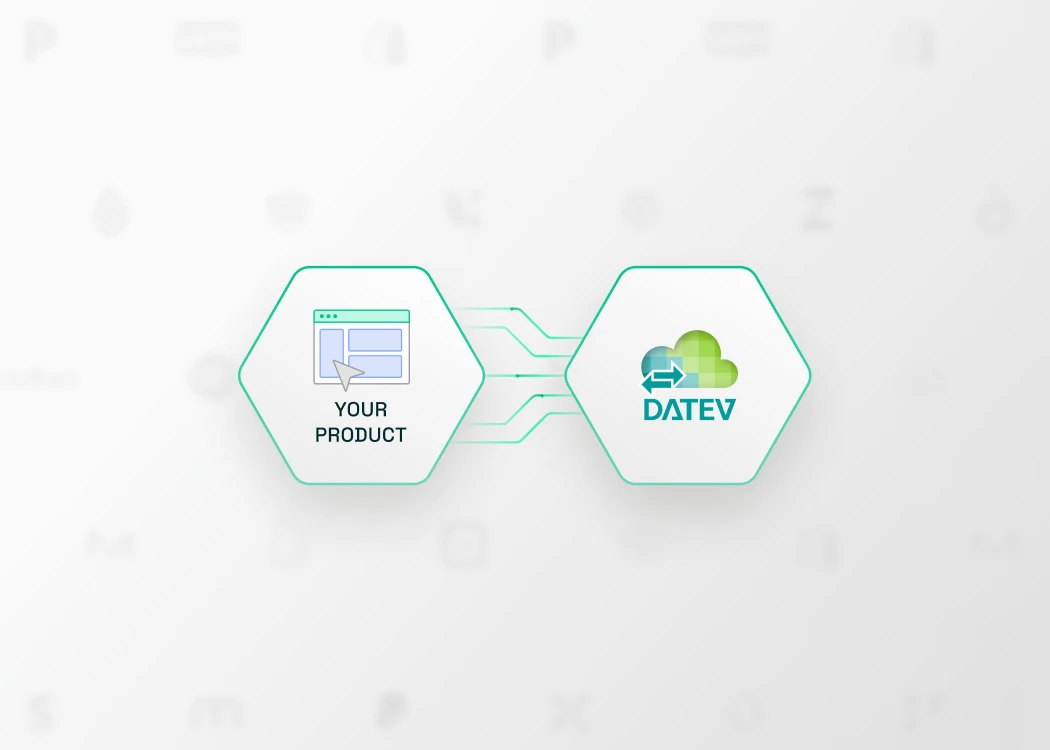
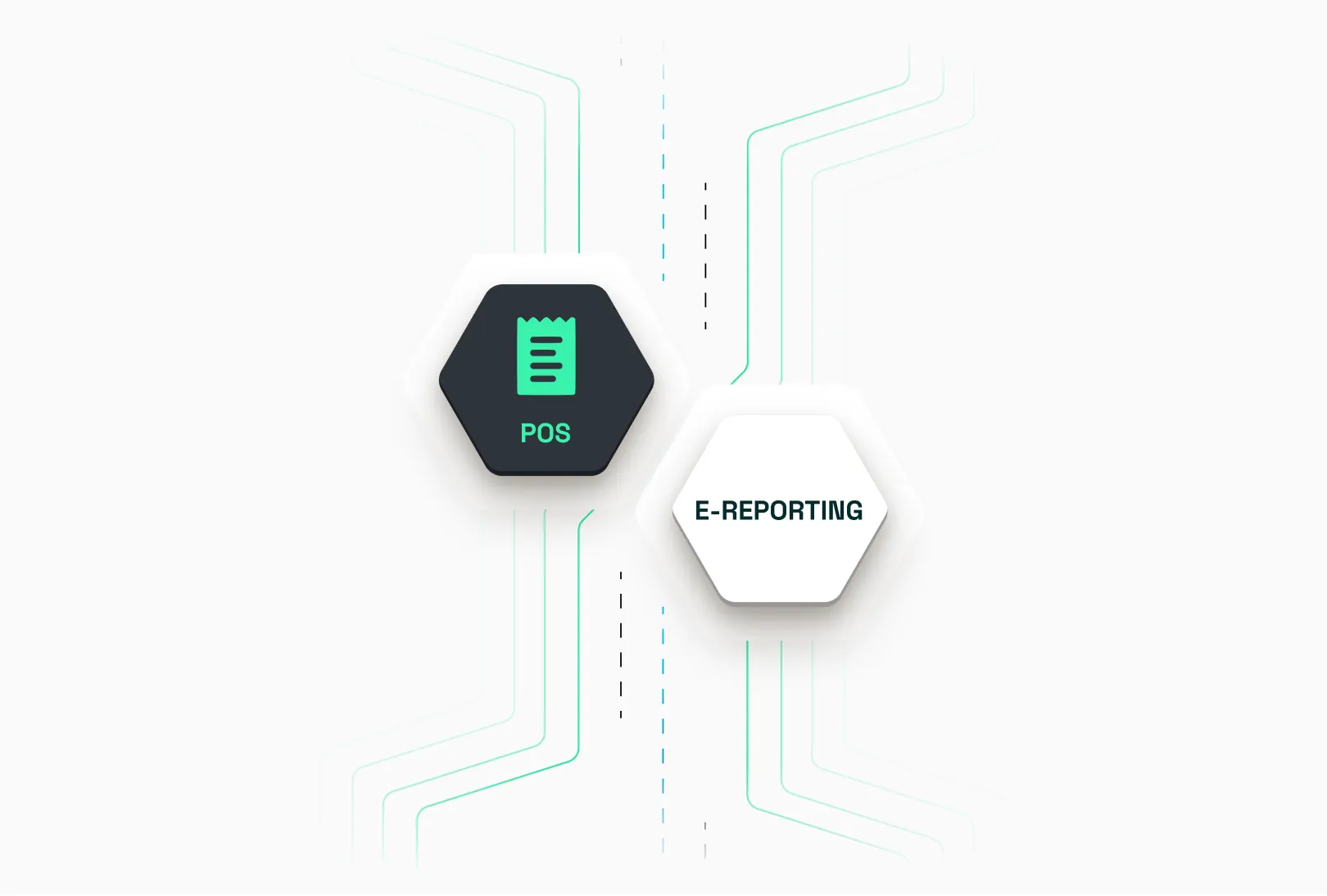
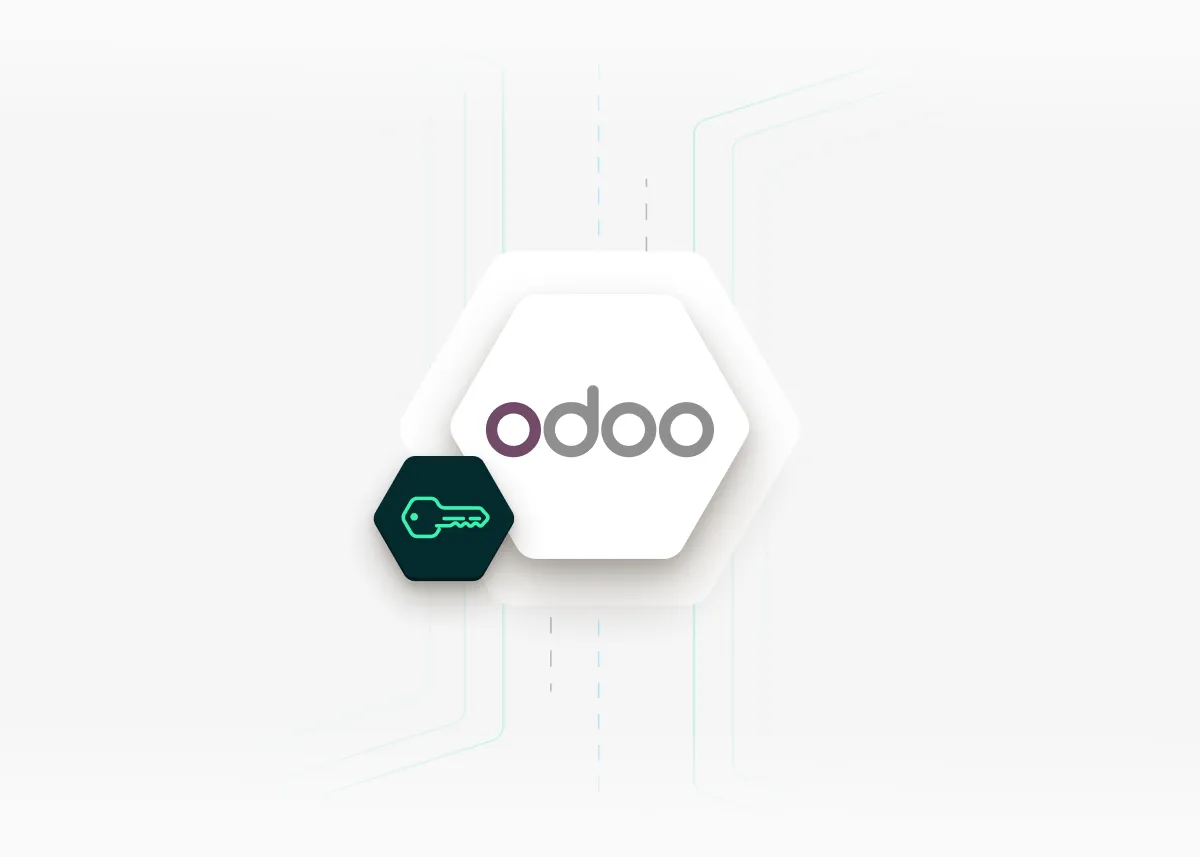
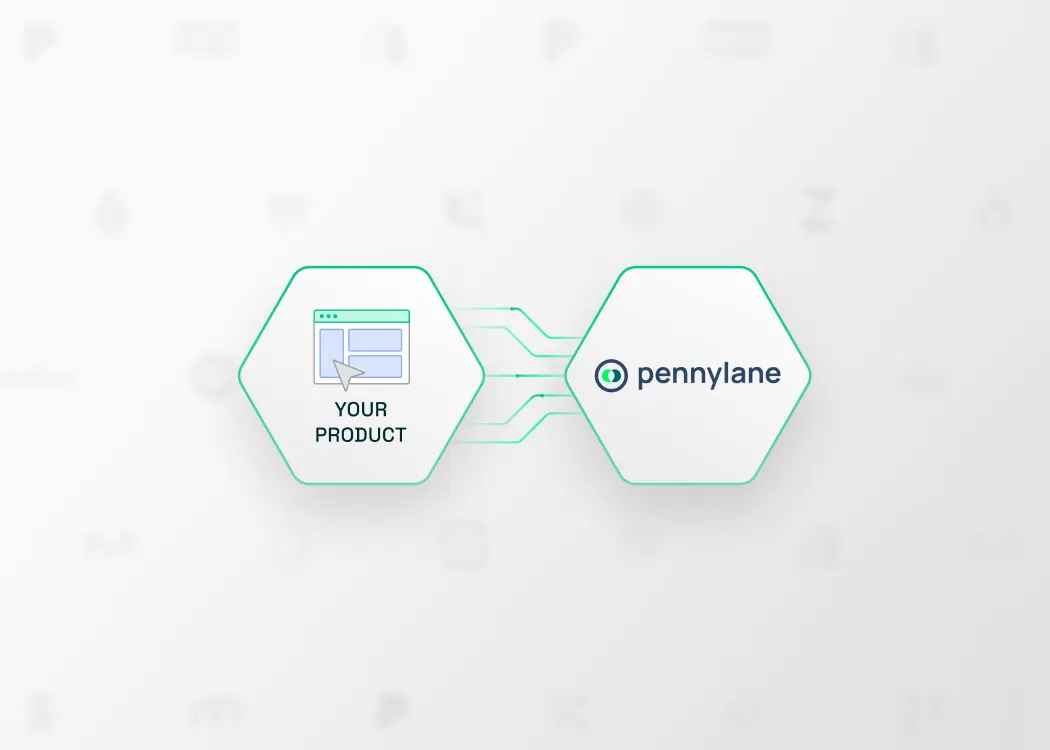

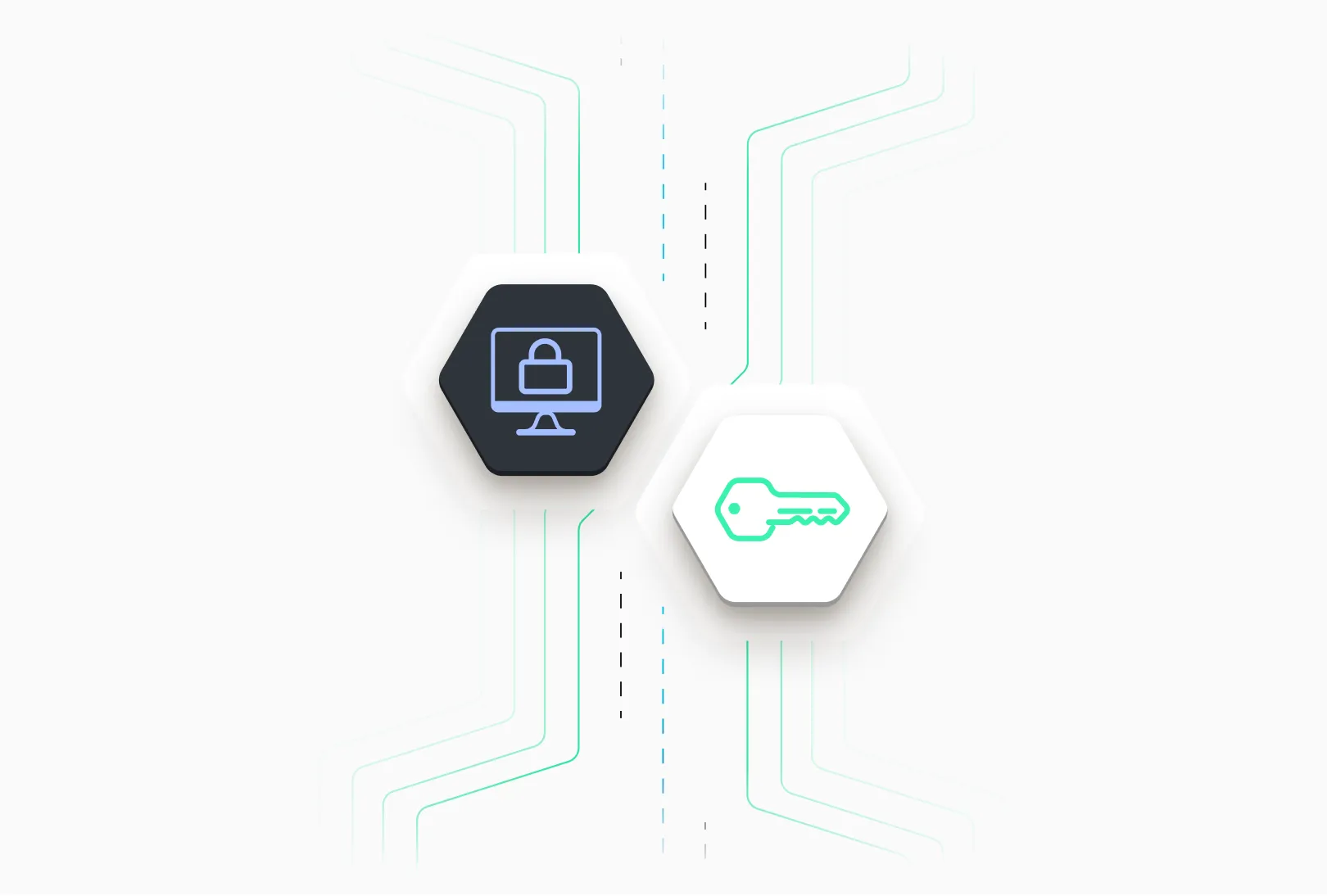
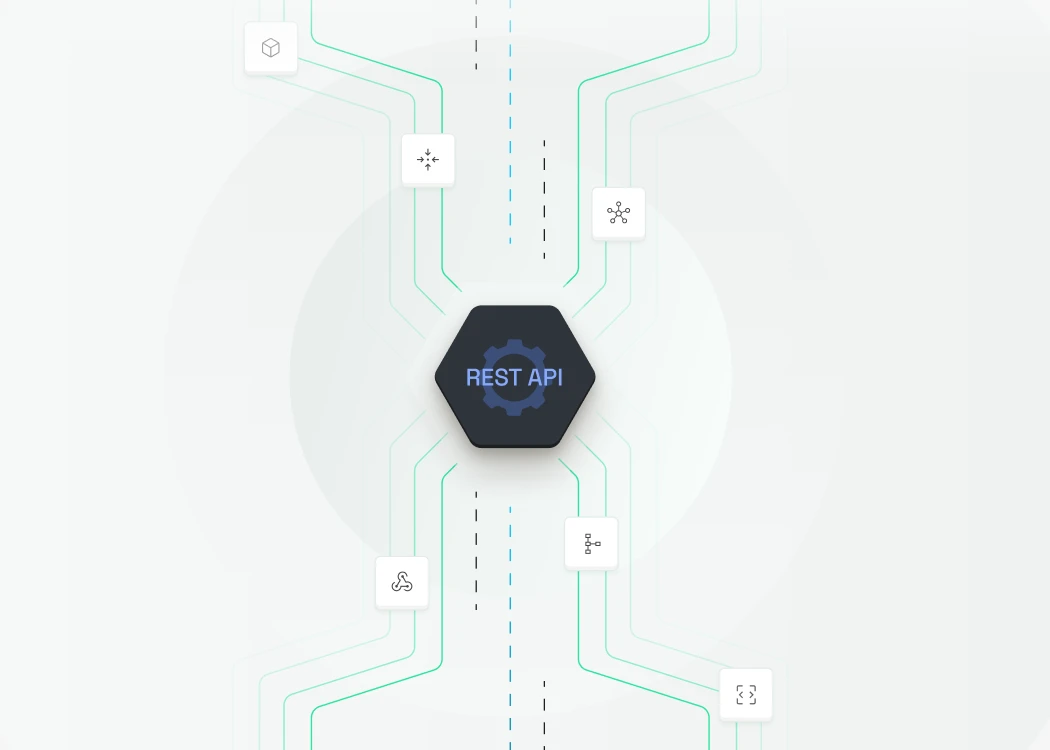





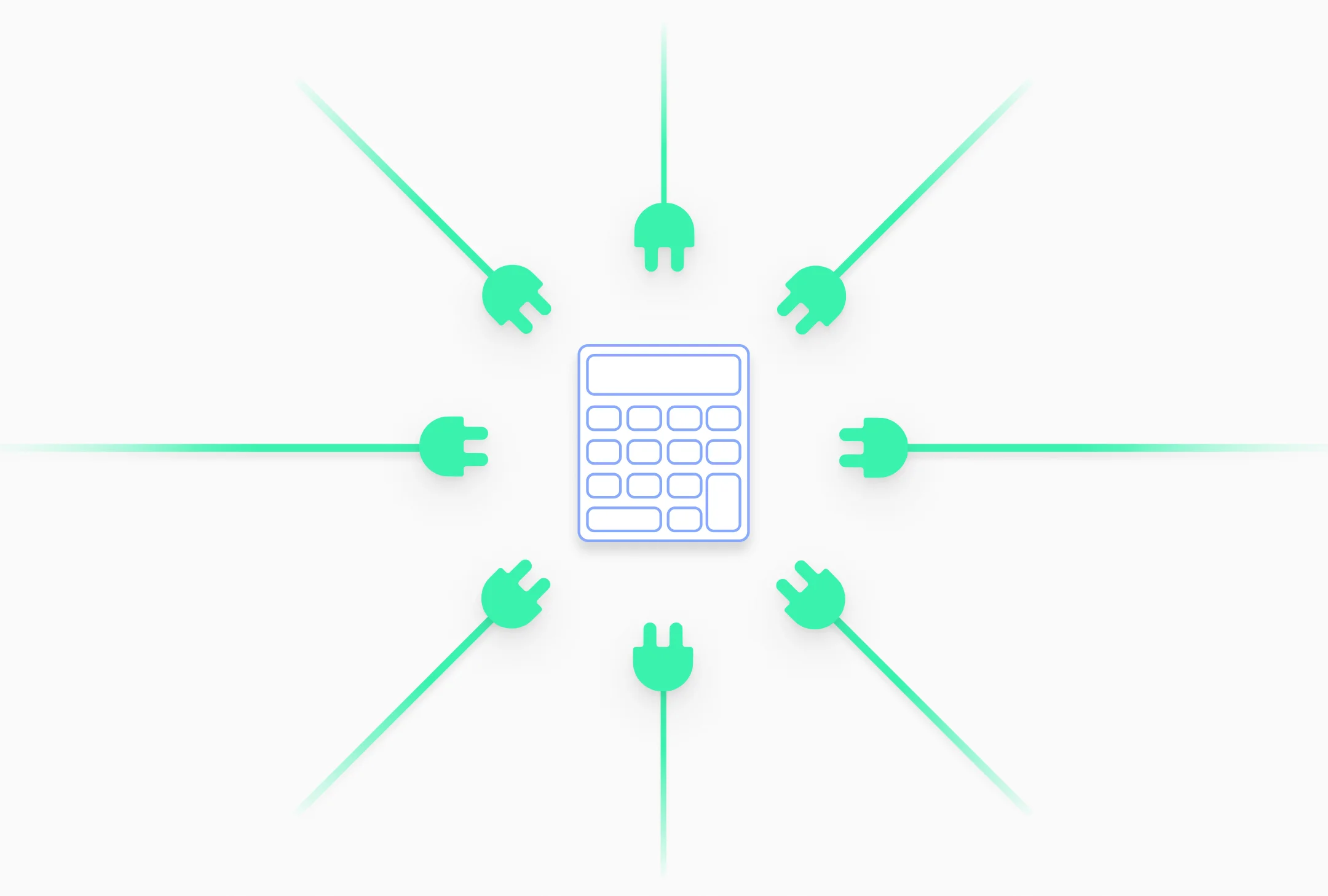
.avif)



